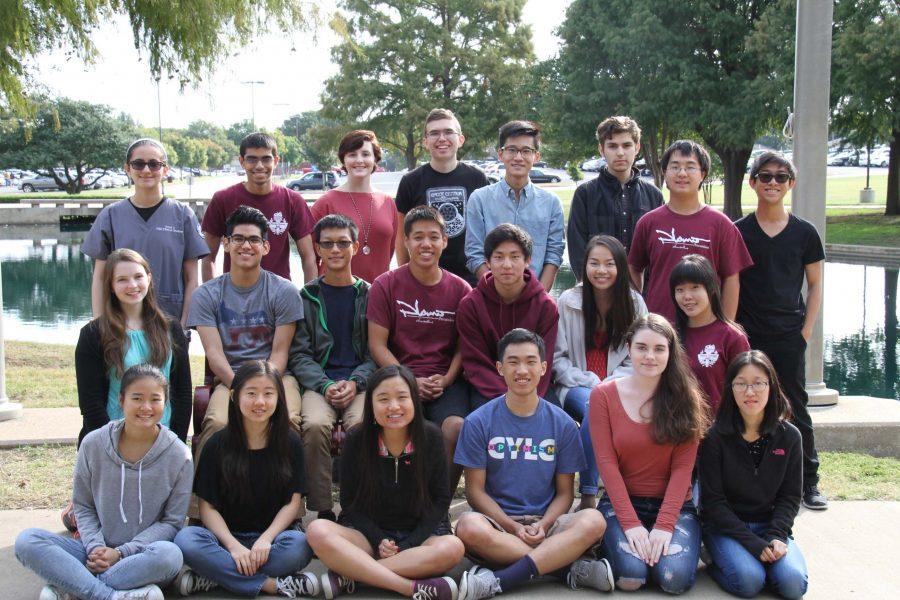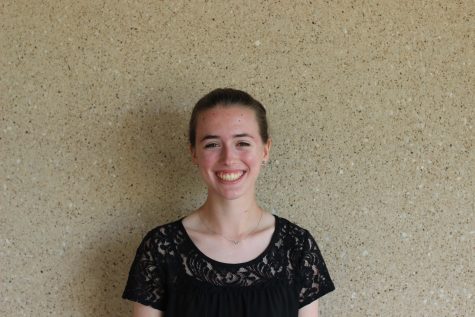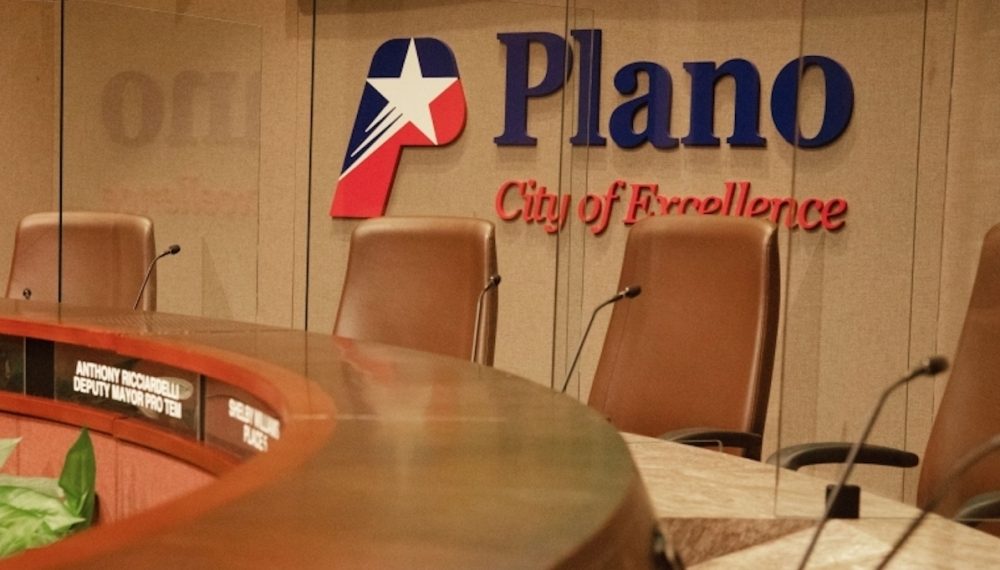National Merit first round named
National Merit semifinalists are (bottom left to right) Joy Li, Annie Zhao, Wendy Wang, Daniel Wang, Shannon Nielsen, Rachel Shi, (middle left to right) Sara McFearin, Jarod Stone, Jonathan Zhi, Andrew Feng, Patrick Yu, Amy Lu, Carolyn Li, (top left to right) Amal Syed, Hamzah Ahmed, Meghan Heffernan, Jeffrey Kozlowki, Ian Shei, Emil Shabanov, Alexander Chen, and Ted Wu. Not pictured are Jocelyn Tseng, Lena Khanolkar, Katherine Hu, Jingke Yang, Xinran Zang and Ethan Liu. (Photo by Grace Tsichlis)
October 24, 2016
National Merit Scholarship semifinalists achieved high scores on their PSAT, allowing them to be considered for rewards in this academic competition, and Plano had 27 of these qualifiers.
“If you become one of the select few finalists you could end up getting significant amounts of money,” senior Lena Khanolkar, National Merit semifinalist, said.
Out of the 1.6 million students who take the PSAT, a preliminary standardized test, only 16,000 students qualify as semifinalists. These students are among those who received the highest scores in Texas since the competition is based on a state-representation basis.
In September, the semifinalists are informed of their qualifications for the National Merit Scholarship. To become a finalist, the student must fill out an application that includes a personal essay, recommendations and their extra curricular activities.
“Initially it was a lot of work because the application had a lot of parts to it, but upon reading all the things National Merit can provide, it seems like a great opportunity,” Khanolkar said.
The National Merit Scholarship Corporation gives out $2,500 single payment scholarships, but some colleges offer much more to finalists.
“By having National Merit potentially give me money, that immensely alleviates a financial burden,” Khanolkar said.
The summer before her junior year, Khanolkar prepared for the PSAT, focusing on certain key areas.
“I spent most of my time studying vocabulary as well as math. The week leading up to the PSAT I took about three or four practice tests,” Khanolkar said.
While having the opportunity to be awarded with money for college, not all colleges give the same reward to finalists.
“The specific college I want to go to, the University of Chicago, only gives $4,000 a year compared to the University of Southern California, which gives around $24,000 to National Merit finalists,” senior Ted Wu, National Merit semifinalist, said.
Wu has been attending Karen Dillard’s College Prep since the summer after ninth grade in order to prepare for the PSAT.
“It is just about practice, getting used to the questions and the format of the exam,” Wu said.
His preparation and studying helped him to be ready for the PSAT during his junior year.
“I was fairly confident. I had taken a lot of practice tests, and I had done relatively well, enough to be comfortably in the range for National Merit,” Wu said. “I am excited about the opportunities it can give me.”
Being a National Merit semifinalist gives students who perform exceptionally on standardized testing the chance to stand out on college applications and somewhat alleviate the financial burden of college tuition.
“Applying and going to college is expensive. The more financial resources I can get to pay for it will increase my options,” senior Jonathan Zhi, National Merit semifinalist, said.
Zhi is applying to several colleges, including Rice University, Texas A&M University and University of Texas at Austin. He has no concerns about the outcome of the National Merit Scholarship, but feels very accomplished to have gotten this far.
The finalist applications were submitted by the semifinalists, and they will be notified of the results in February. Around 15,000 students will become finalists out of the original 16,000 semifinalists.








